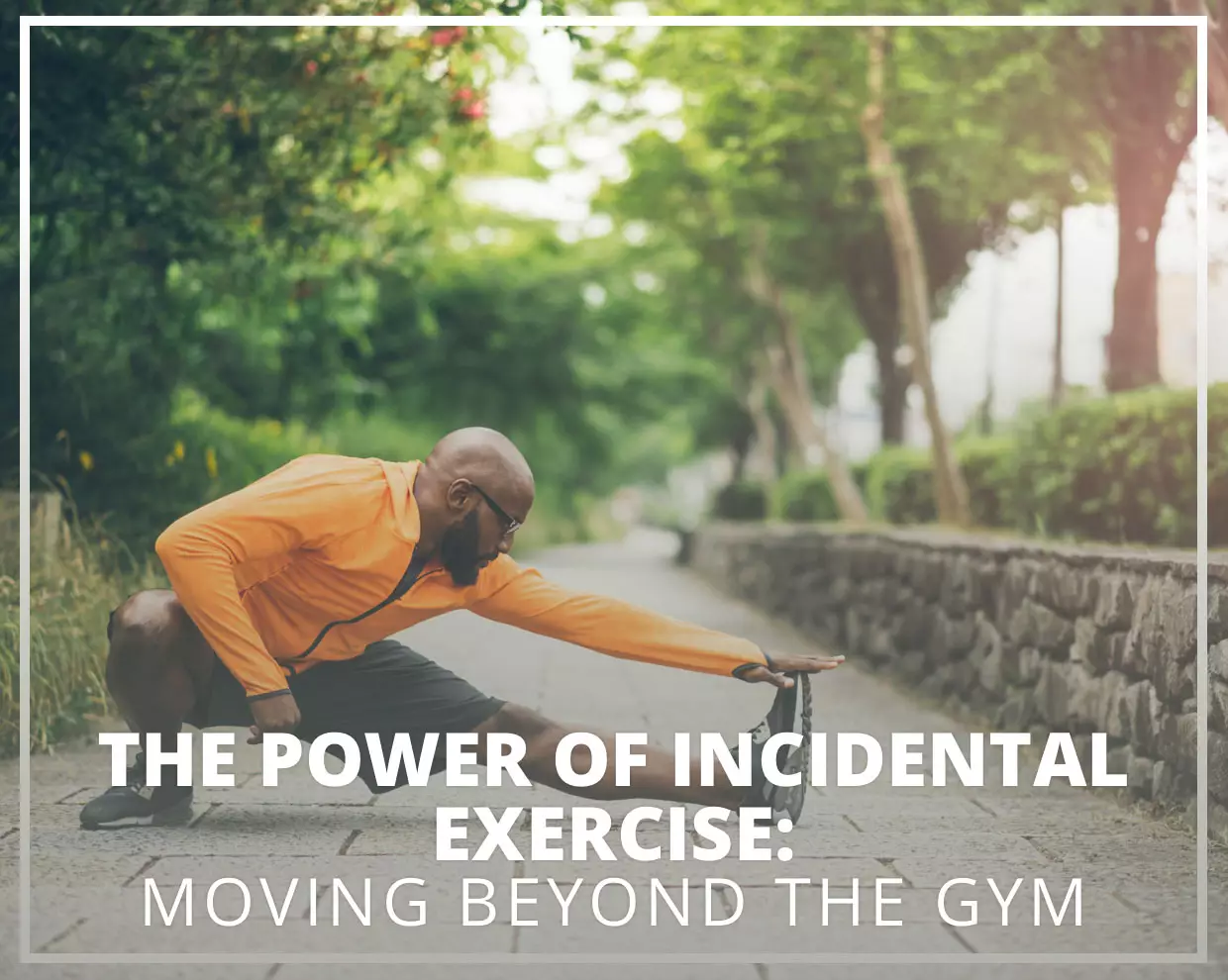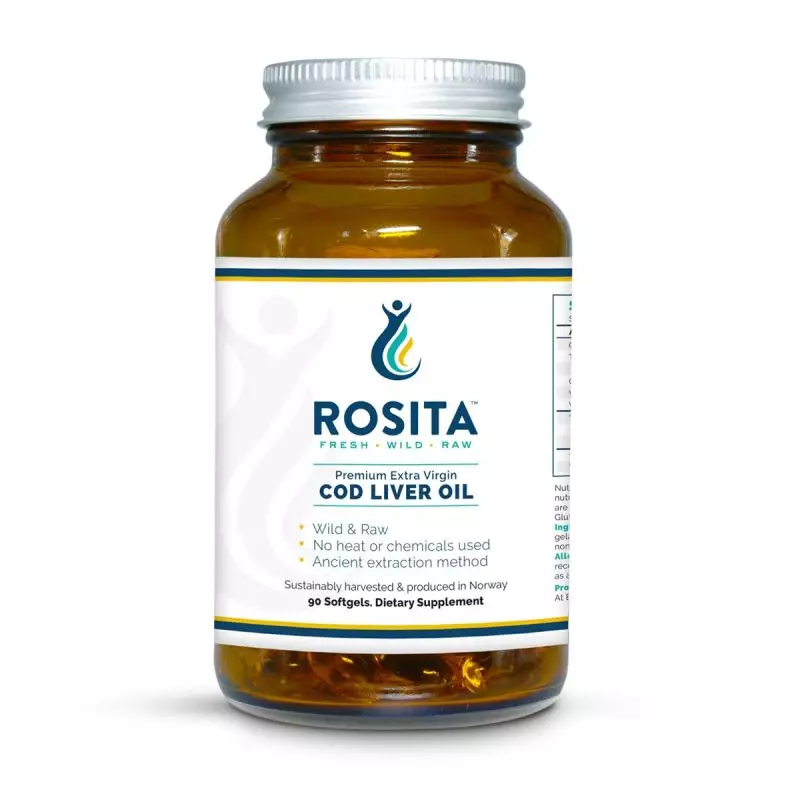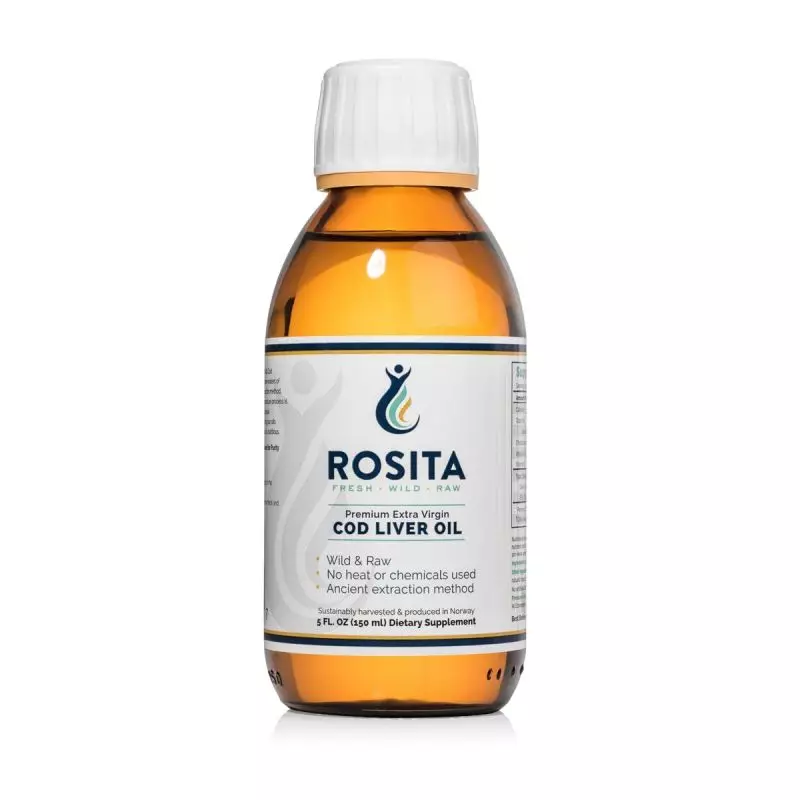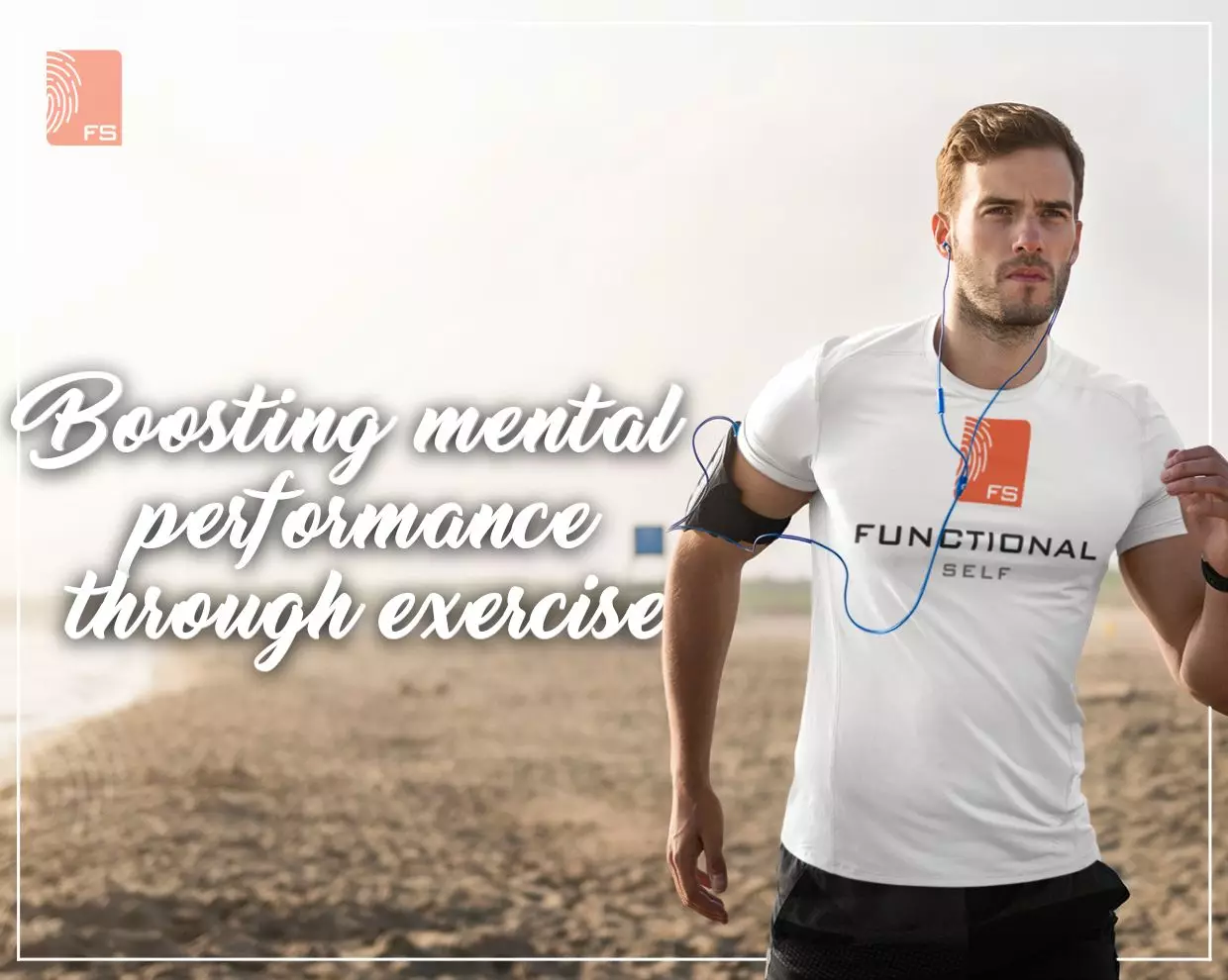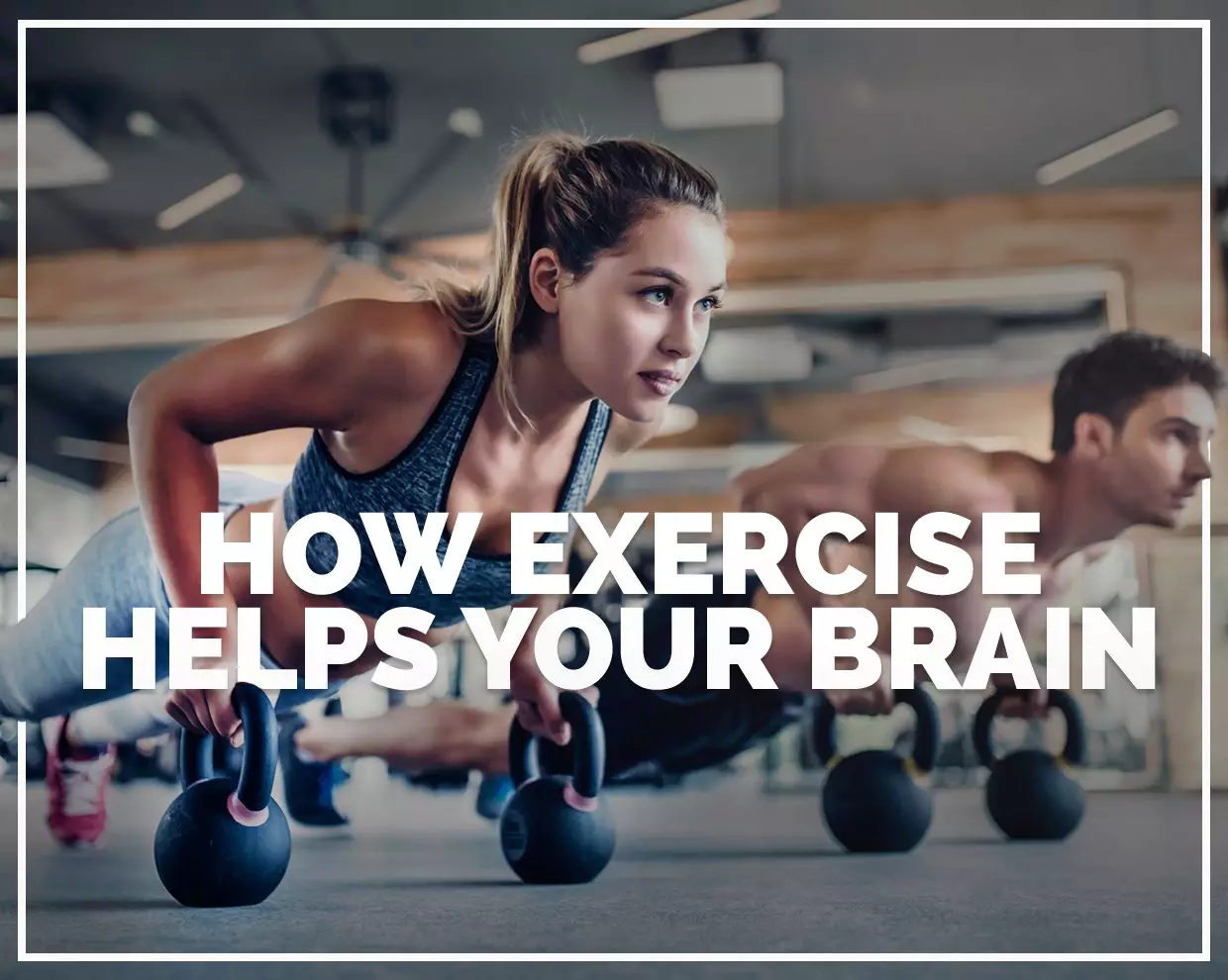In today's fast-paced world, finding time to engage in structured exercise can be a challenge. However, there's an emerging trend that's gaining traction in the health and wellness community: incidental exercise. This form of physical activity is seamlessly integrated into our daily routines, making it a practical and efficient way to stay active. In this article, we'll delve into the concept of incidental exercise, why it’s helpful, and how you can incorporate it into your life.
What is Incidental Exercise?
Incidental exercise refers to the physical activity we accumulate throughout the day without specifically setting out to exercise. It's the movement we engage in as part of our daily living, such as walking to the bus stop, taking the stairs instead of the lift, or even gardening. Unlike structured workouts, incidental exercise doesn't require dedicated time, special equipment, or a specific setting.
The Science Behind Incidental Exercise
Recent research has highlighted the numerous health benefits associated with incidental exercise:
• May Help Reduce Inflammation in the Body: A study published in the International Journal of Environmental Research and Public Health discussed the role of physical activity in reducing high-level inflammation. The research emphasized that regular physical exercise, including incidental activities, can be a beneficial non-pharmacological intervention to help reduce inflammation-related complications. [1]
• Support systematic health: Another systematic review highlighted that physical activity, including incidental exercise, can provide further support for individuals with obesity, independent of weight loss. These may include healthy cellular, metabolic, systemic, and brain health outcomes. [2]
• Equity in Participation: A systematic review and meta-analysis revealed that children and adolescents from higher socioeconomic households were more likely to participate in structured sports. However, incidental exercise offers an opportunity for equitable participation across socioeconomic statuses, as it doesn't necessarily require organised settings or financial investments. [3]
• Psychological Benefits in Natural Environments: Engaging in physical activity outdoors, especially in natural environments, may help to support a balanced wellbeing compared to urban settings. Incidental exercise, such as walking in a park or gardening, may help to support a healthy mental well-being. [4]
Incorporating Incidental Exercise into Your Life
Here are some practical ways to boost your incidental exercise:
• Take the Stairs: Opt for stairs over lifts. It's a simple way to get your heart rate up and strengthen your leg muscles.
• Walk or Cycle for Short Trips: Instead of driving to the local shop, consider walking or cycling.
• Gardening: Activities like digging, planting, and even mowing the lawn can be quite physically demanding.
• Household Chores: Cleaning, vacuuming, and even washing the car count as physical activity.
• Play with Pets: Taking your dog for a walk or playing fetch can be both fun and active.
Incidental exercise offers a realistic and sustainable way to stay active in our daily lives. While it may not replace structured workouts, it complements them, ensuring that we remain active even on our busiest days. By recognising and seizing every opportunity to move, we can harness the myriad health benefits that come with regular physical activity.
Take the Next Step in Your Wellness Journey
Inspired by the benefits of incidental exercise? Dive deeper into the world of health and wellness by exploring our most-read articles. Discover tips, insights, and the latest research to empower your journey towards a healthier you.
Explore Our Most-Read Articles Here
Stay active, stay informed, and embrace the path to holistic well-being!
References:
1 Use of Physical Activity and Exercise to Reduce Inflammation in Children and Adolescents with Obesity
2 The Benefits of Physical Activity for People with Obesity, Independent of Weight Loss: A Systematic Review
3 Fair play? Participation equity in organised sport and physical activity among children and adolescents in high income countries: a systematic review and meta-analysis
4 Psychological benefits of outdoor physical activity in natural versus urban environments: A systematic review and meta-analysis of experimental studies

 UK Store
UK Store  NZ Store
NZ Store AU Store
AU Store EU Store
EU Store

